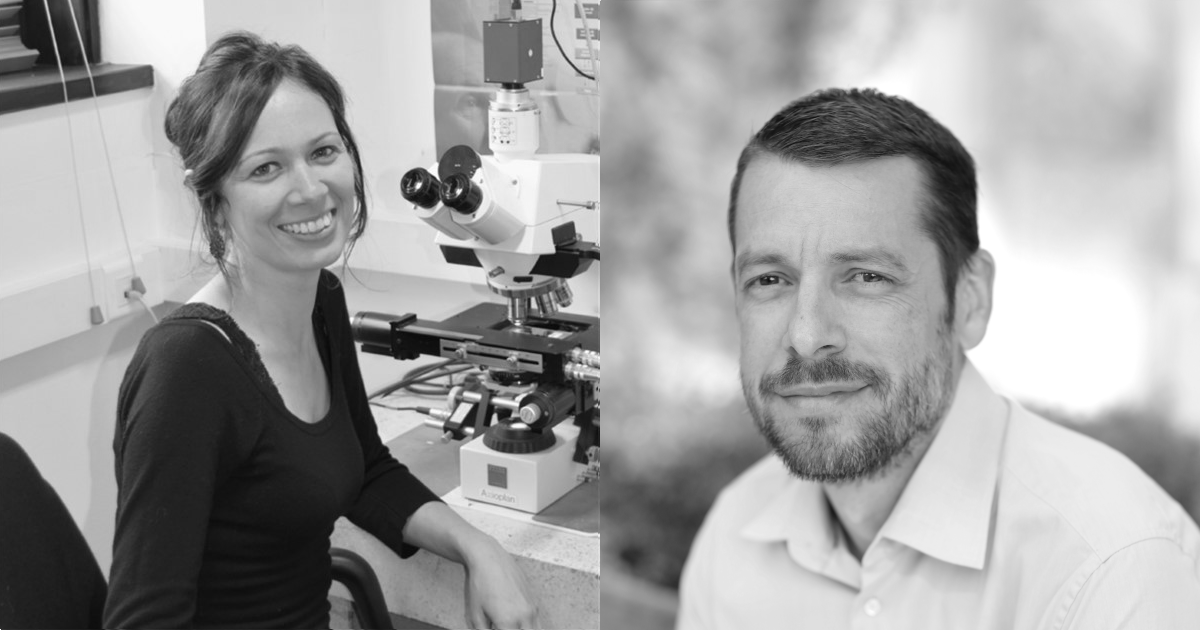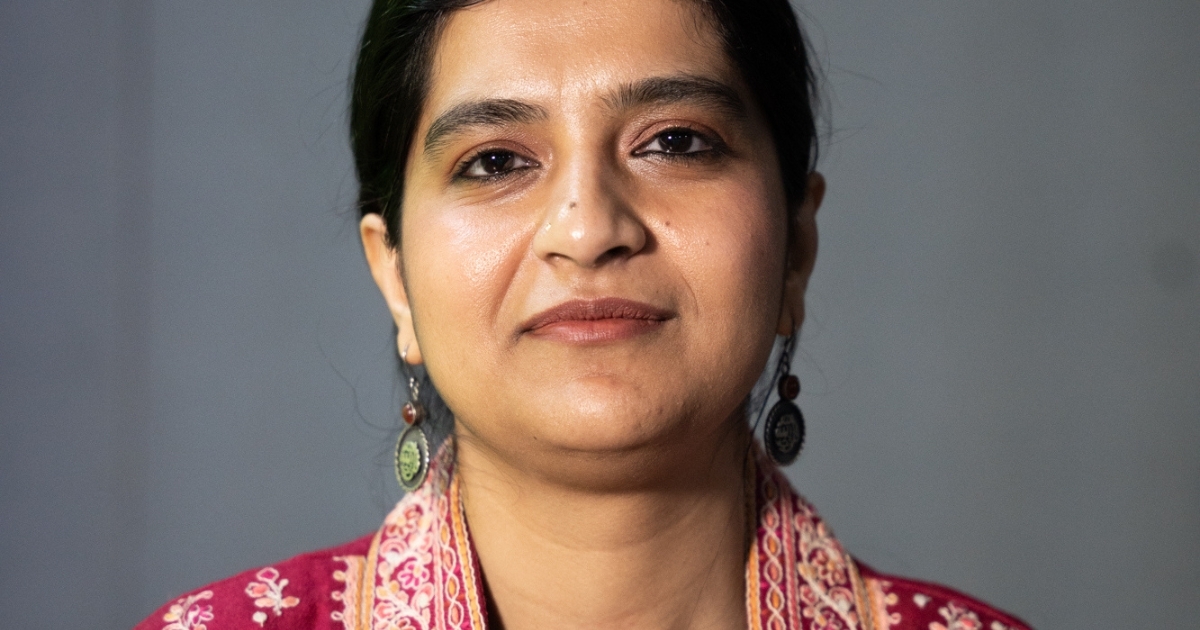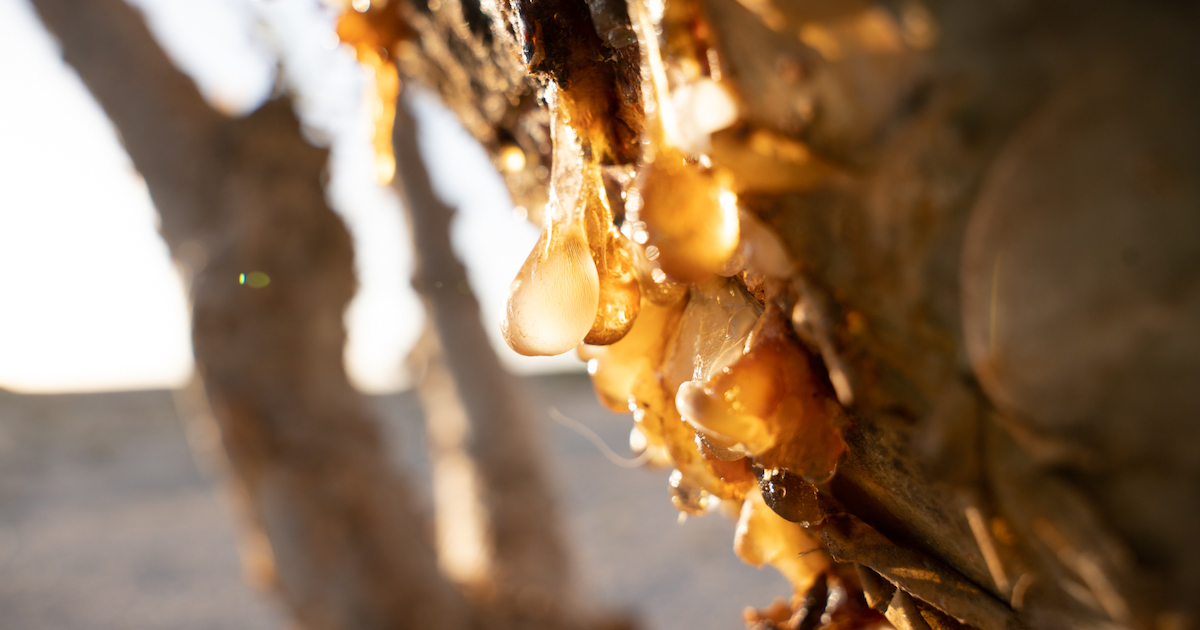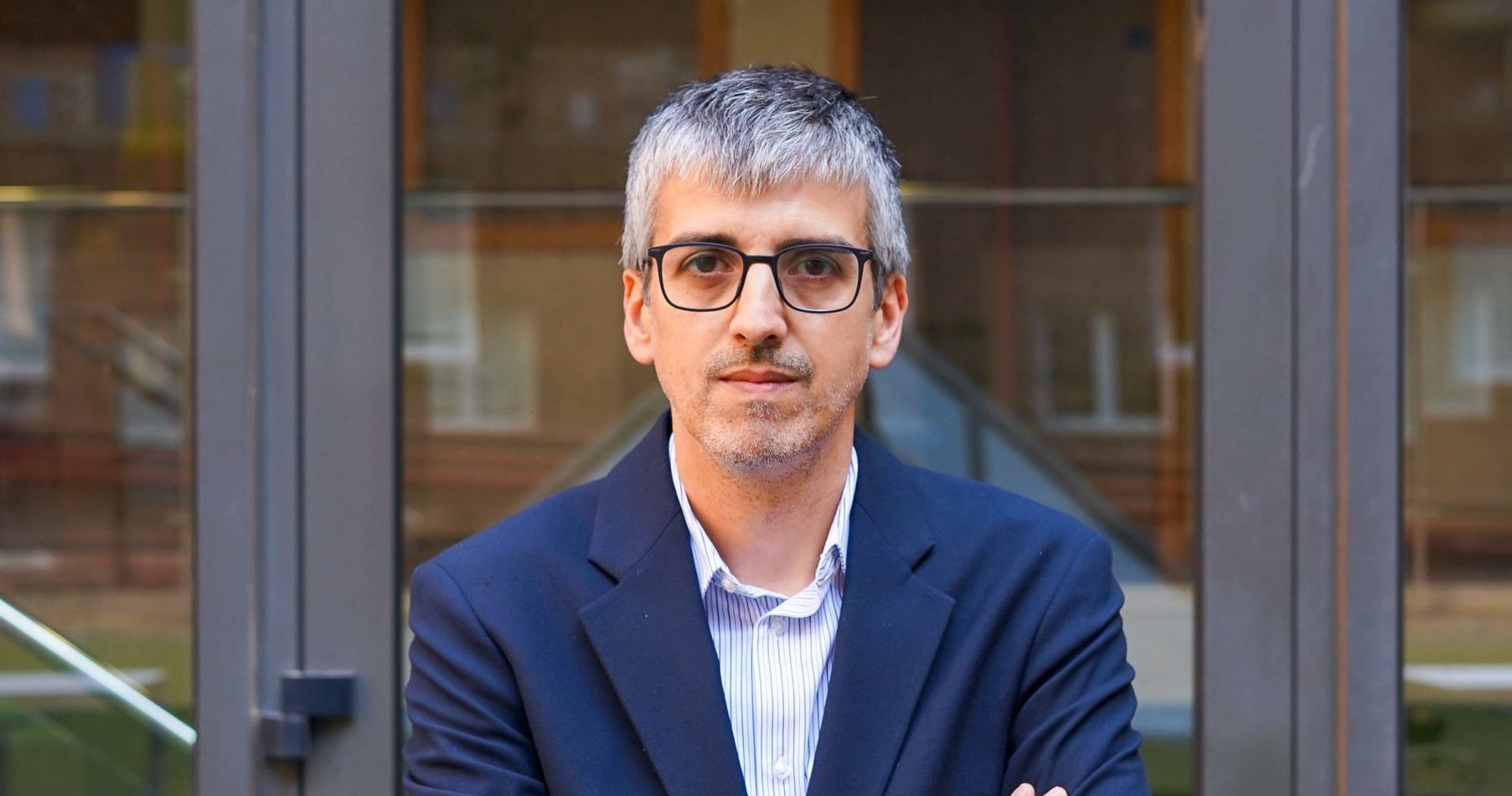Cette publication est également disponible en :
Français
Groupement de Recherche O3 (Odorant, Odeur, Olfaction) – otherwise known as GDR O3 – was created in 2015 with the aim of developing cross-disciplinary projects exploring odours in the broadest possible sense. To inaugurate the collaboration between GDR 03 and Nez, Nathalie Mandairon, director of neuroscience research for the CNRS (French National Centre for Scientific Research) and director of GDR O3, and Xavier Fernandez, chemistry professor at Côte d’Azur University and deputy director of GDR 03, talk to us about the past eight years in the life of the research group.
How did GDR O3 come about in 2015?
Nathalie: The Nice chemistry laboratory responded to a request from the CNRS by, initially, putting together an application proposing a project bringing together research teams covering all areas relating to the subject, from the odour itself to its physiological perception and many applications.
More recently, we structured the research group. We now have a board made up of around ten volunteer members, and various sub-committees for dealing with tasks such as communications. GDR O3 brings together 55 teams in different laboratories in France working on our subject, representing around 150 members, as well as many post-doctoral students.
Xavier: We also try to get researchers involved who aren’t specialists on this topic but may be interested in it as part of their work: as is the case for certain geographers. It’s a very open network. But we are careful not to include certain alternative movements which don’t adhere to the code of ethics governing academic research, and whose presence in GDR 03 would give them scientific endorsement.
Why did you set up the project?
Nathalie: GDR O3’s purpose is to unite and support the scientific community in an exploration of odours and odorants. It’s an extremely broad-reaching research topic, covering disciplines that are sometimes very disconnected from each other and giving them a chance to interact: French academic research tends to be highly compartmentalised (universities, CNRS, INSERM, INRAé, INRIA, etc.). So the first goal is to develop research projects led jointly by different actors who would not usually get the opportunity to meet. The annual GDR 03 meetings are therefore essential: the different members spend two days presenting their work and establishing ties. We have also launched a call for projects to encourage laboratories to collaborate.
In addition to setting up a network of researchers studying this topic, does GDR O3 have other roles?
Nathalie: It is the gateway for external requests, from the public, manufacturers and researchers. Once we receive them, we direct them to the teams best equipped to respond. As part of this role, we have created an online directory listing all our members and describing their fields of research.[1]You can find this list by cliking here Then there are the GDR 03 students, who get very involved: they are the ones who set up the monthly webinars, which are open to everyone, where a researcher can talk about a specific subject.[2]Available in replay – in French – here More broadly, and thanks to its website, GDR 03 also has the task of disseminating scientific information.
Xavier: One of the GRD 03 objectives is to rejuvenate the way we think about research into odours, to remind people that they are not only an ingredient for perfumers. It’s a very broad field where there’s a lot going on, especially in France.
After eight years of existence, what have you achieved and what are your plans for the future?
Nathalie: We’re very happy with what we’ve accomplished so far: various unique projects have been launched thanks to GDR O3. For instance, I’m working as a neuroscientist with Sylvie Baudino, an expert in plant genetics, looking at why the scent of a rose is so appealing.
Xavier: And I’ve been working with archaeologists on a project combining history and molecular chemistry: I would never have come up with the idea on my own! The CNRS funding phase is coming to an end now: we’re thinking about what form the group will take so that we can continue with such a fruitful project.We also want to raise our profile. We already take part in a number of events, such as the ISIPCA Olfaction et Perspectives congress. But we want to give more visibility to the work our researchers are doing: we feel the partnership with Nez has a very promising role to play in this area.
Main visual: Nathalie Mandairon and Xavier Fernandez








Comments